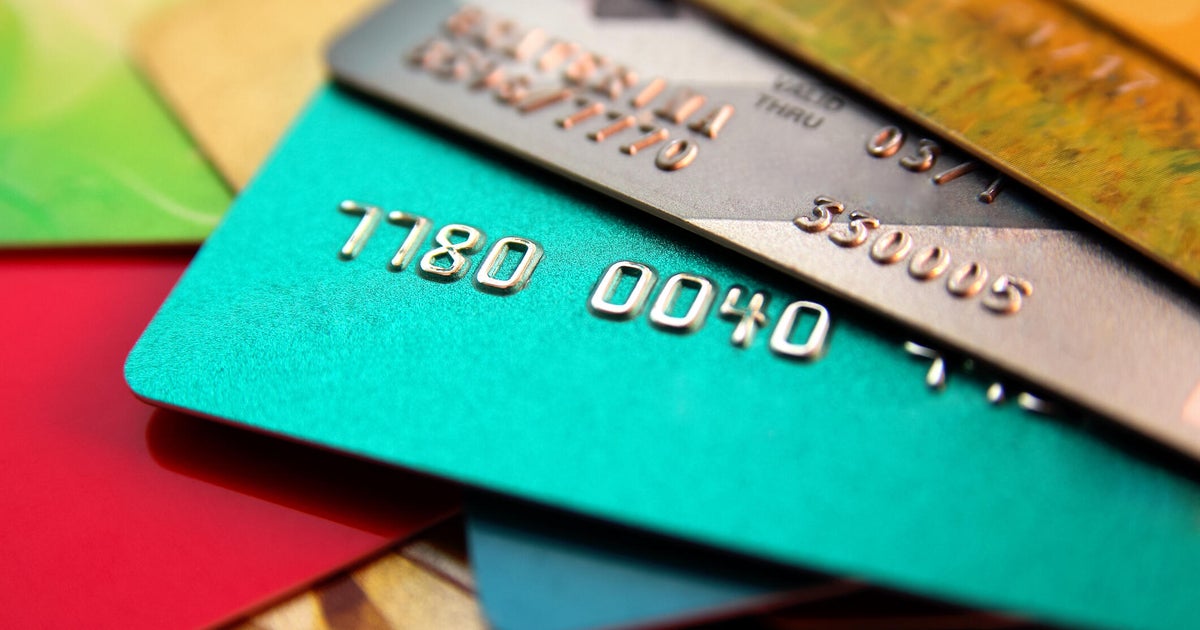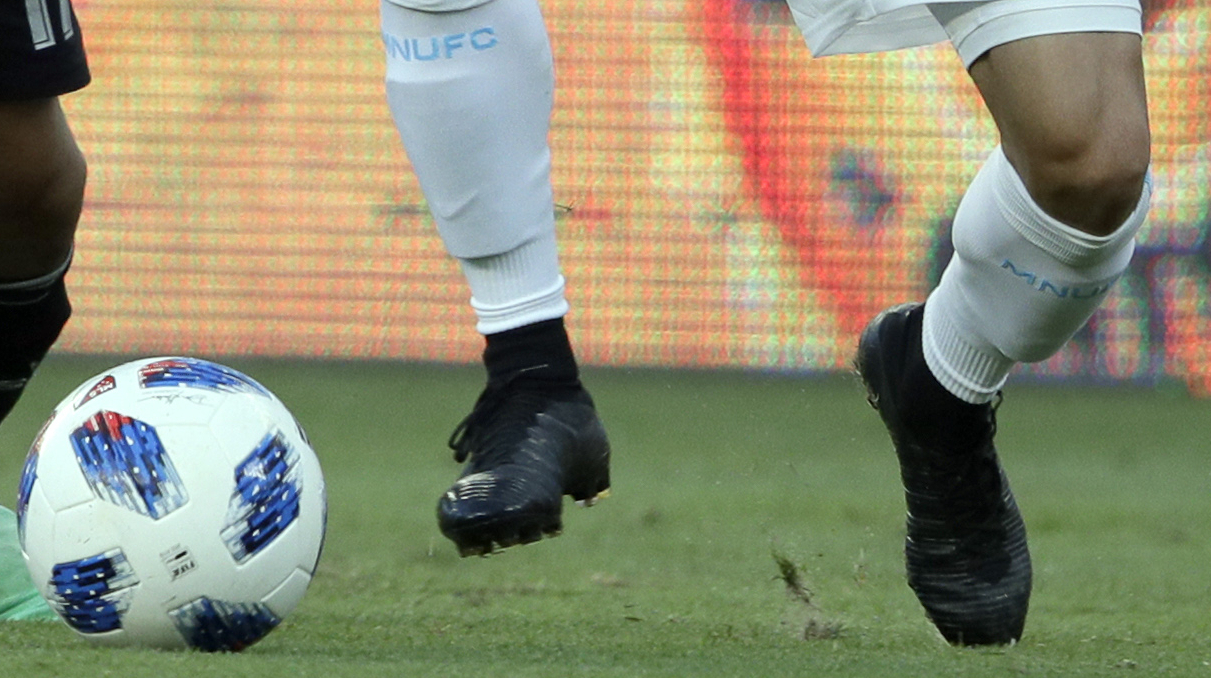When money’s tight—as it is for many people amid today’s mix of rising inflation, growing debt problems, and elevated borrowing rates—it’s easy for your credit card balances to spiral out of control. And if you fall too far behind, your lender might eventually give up on collecting what’s owed and charge off your account.
### What Is a Charge-Off?
When a credit card company charges off an account, it marks the debt as unlikely to be collected and writes it off as a loss for accounting purposes. But despite what the term might suggest, a charge-off doesn’t mean you no longer owe the money. In fact, charged-off debt can continue to create financial problems for years.
This move can damage your credit score and signal to future lenders that you’re a risky borrower. Even after a charge-off, your creditors or debt collectors can still pursue payment—whether through aggressive phone calls and letters or even legal action.
—
### Should You Pay Off a Charged-Off Credit Card Account?
The biggest reason to address a charged-off credit card account is its severe damage to your credit score, which can make borrowing in the future much more difficult. For many, paying off a charged-off account is the responsible course of action.
However, it’s important to understand what paying a charge-off **won’t** do:
– It **won’t immediately boost your credit score**.
– It **won’t remove the charge-off from your credit report**.
The negative mark can remain on your credit report for up to seven years from the date of your first missed payment. However, a charged-off account showing as “paid” looks better to future lenders than one marked as unpaid, which can improve your borrowing prospects.
If the debt has been sold to a debt collector, paying the original creditor typically won’t help because they no longer own the debt. You will need to work with the debt collection agency instead. Before sending any payment, verify who owns the account and confirm the exact amount owed.
—
### When Paying Off Might Not Be Your Best Move
If the debt is several years old, the statute of limitations on debt collection might be approaching. This means debt collectors could soon lose the legal right to sue you over the charged-off debt. Making a payment could potentially restart that clock, so it’s usually wise to consult with a debt expert before taking any action.
—
### What Are the Best Ways to Deal With a Charged-Off Account?
If you’re facing a charge-off, you have several options to tackle it. The best choice depends on your situation and financial goals. Here are some of the more effective strategies:
#### 1. Full Payment
Paying the entire balance settles the debt completely. Contact the current debt owner—often a debt collection agency if the account was sold—to confirm the exact amount owed. Always request written confirmation before sending payment and keep copies of all documents and transactions for your records.
#### 2. DIY Debt Settlement
You can negotiate directly with the creditor or debt collector. Many creditors are willing to accept less than the full balance when a debt has been charged off. In many cases, you may be able to settle the debt for 30% to 50% less than the original amount.
If you pursue this option, get any settlement agreements in writing and ensure the document specifies that the payment fully satisfies the debt.
#### 3. Debt Forgiveness Through Debt Relief
Professional debt relief companies can negotiate with creditors on your behalf. This can be especially helpful if you’re managing multiple accounts or find direct negotiations difficult. These services may achieve better results than a DIY approach.
Be aware that debt relief companies typically charge fees based on the debt amount or the savings achieved. Make sure you understand all associated costs before enrolling in any program.
#### 4. Payment Plans
If you can’t pay off the balance immediately, some creditors or debt collectors may offer installment plans for the full balance. While this usually doesn’t reduce what you owe, it makes repayment more manageable and shows good faith to your creditors.
—
### The Bottom Line
A charged-off account can haunt your credit report for years, but with the right approach, you can turn the page and start rebuilding your financial future.
Paying off a charged-off credit card can be a smart move if done strategically—it shows lenders that you’ve taken responsibility for your debt. However, remember that it won’t erase the charge-off from your credit report.
Alternatively, settling the charge-off for less or working with a debt relief company to handle negotiations might save you money and reduce further damage to your credit.
Before taking any action, carefully weigh your options and determine which plan makes the most sense for your personal situation. If needed, seek advice from a qualified debt counselor to help guide your decisions.
—
**Learn more about the debt relief strategies available to you and take control of your financial future today.**
https://www.cbsnews.com/news/should-you-pay-off-a-charged-off-credit-card-account/


